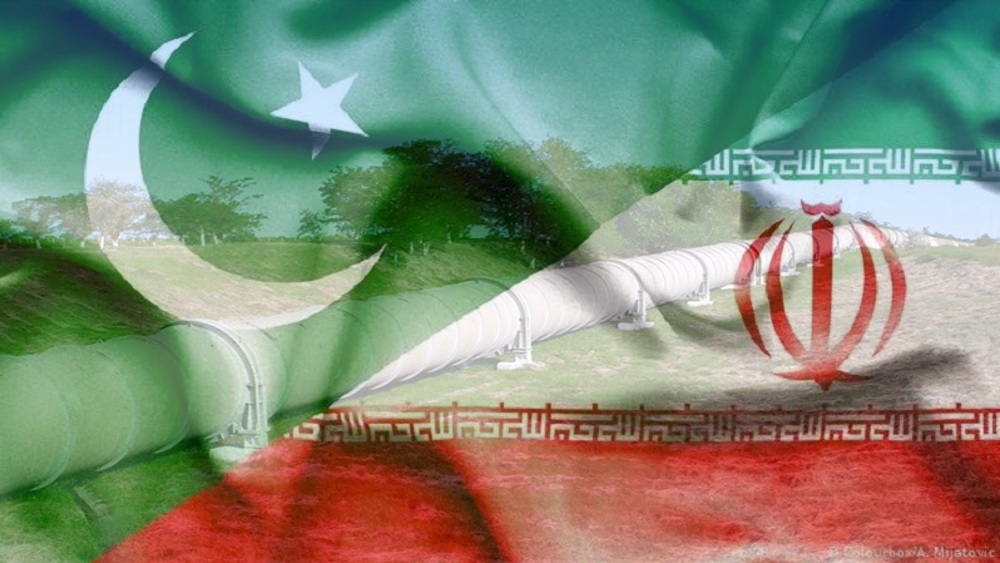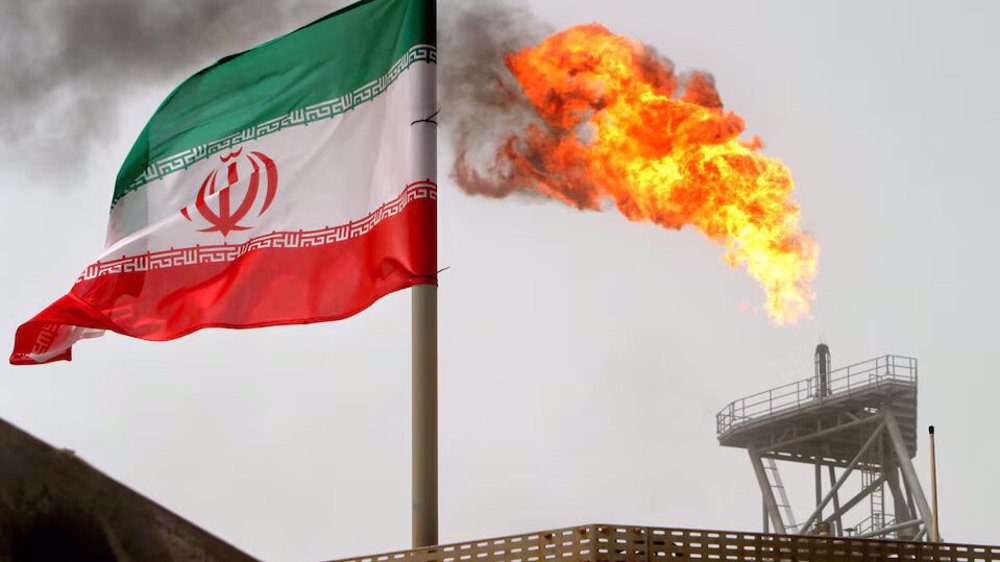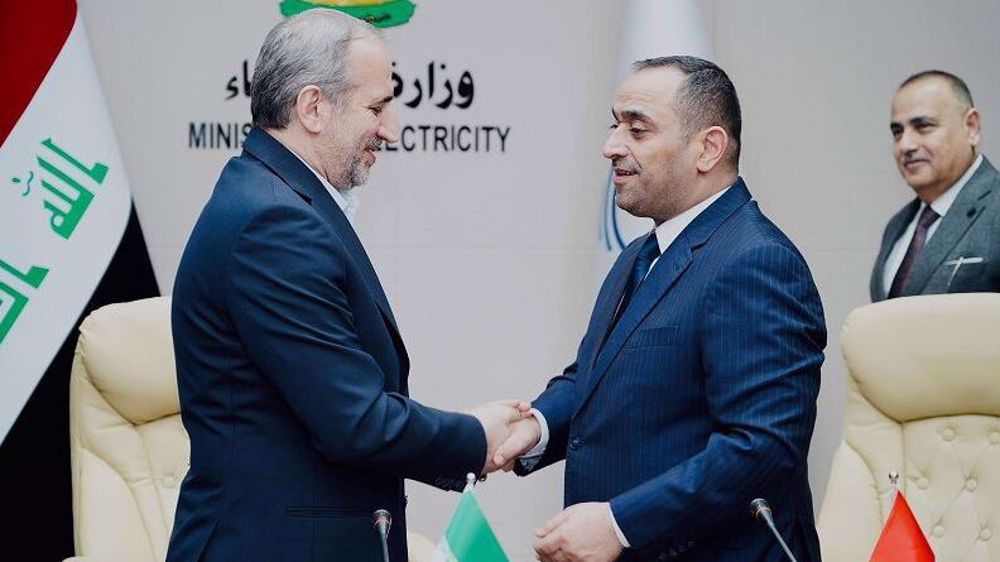Iran says will veto any OPEC decision harming its interests
Iranian minister of petroleum has warned fellow OPEC members against any effort to appease the US, saying Tehran will veto any decision by the Organization of Petroleum Exporting Countries that harms Iran's national interests.
Bijan Zangeneh made the remarks in a Thursday interview with Bloomberg, ahead of a meeting of the Joint OPEC/Non-OPEC Ministerial Monitoring Committee (JMMC), which is to be held in Algeria on Sunday, just days before the anniversary of OPEC’s decision to cut oil output.
He said the agreement reached in 2016 between OPEC member states and allied producers to cut output "is in tatters", and the JMMC meeting has no authority to impose a new supply deal.
While Zangeneh is not going to attend the JMMC meeting, he told Bloomberg he "will block any OPEC decision that poses the slightest threat to Iran."
The Iranian minister underlined that any decision on a new production deal by OPEC’s Joint Ministerial Monitoring Committee would be “void” and “invalid”.
“Decisions can only be made at OPEC meetings in the presence of all OPEC members and by consensus of members,” he emphasized.
Referring to US efforts to cut down Iran's oil exports to zero by November 4, Zangeneh took a swipe at the countries that have vowed to make up for the shortfall in the market, saying that those states are "siding with the US."
Two OPEC members are seeking to damage the group and carry out “anti-Iranian policies” at the behest of the US, Zangeneh said, without directly naming Saudi Arabia and the UAE, the main backers of the US within the OPEC.
The US and some other OPEC members will probably boost crude supplies from their inventories to keep a lid on prices ahead of the mid-term US Congressional elections in November, the Iranian minister added.
Zangeneh said he has written letters to some of his OPEC and non-OPEC counterparts to express his concerns and complain to the group’s secretary-general about “violations” to the original output cuts agreement.
“The agreement doesn’t really exist anymore. It’s finished... Russia initially cut 300,000 barrels a day of production but then added it all back. ... There’s no agreement left, really," he said.
While the Algiers meeting to be held on September 23 is to be attended by most major oil producers except Iran, it will be just a committee review. A full-scale official OPEC meeting is slated to be held in December in Vienna.
Trump blames OPEC for rising oil prices
With oil prices trading near their highest in two months in London at almost $80 a barrel, US President Donald Trump on Thursday strongly criticized his country's allies in the OPEC for the rising prices.
In a tweet, Trump blamed oil-producing nations of the Middle East for rising oil prices, saying the US "will remember" the price hikes in the context of its support for the region.
"We protect the countries of the Middle East, they would not be safe for very long without us, and yet they continue to push for higher and higher oil prices! We will remember," Trump said, adding, "The OPEC monopoly must get prices down now!"
Trump has said Saudi Arabia’s ruler King Salman agreed to raise oil output by up to 2 million barrels per day (bpd) to make up for lost Iranian barrels but energy strategists have dismissed an abrupt increase in oil production as political noise.
Iran’s OPEC governor Hossein Kazempour Ardebili said last month Trump had apparently been duped by Saudi Arabia into believing that the kingdom could replace Iranian barrels cut from the market.
The official said Saudi Arabia, the UAE and Russia had pretended to be able to deliver 2.5 million barrels a day of Iranian exports, leading Trump into a “miscalculation”.
“That was a miscalculation, Mr. President: you have fallen in their trap, and prices will go up," Kazempour Ardebili said, addressing the US president.
Trump’s move to withdraw the US from a landmark nuclear deal with Iran and reimpose sanctions on the country has pushed oil prices to levels not seen since late 2014.
The threat of elevated fuel prices comes as the US trade war with its biggest trade partners risks putting upward pressure on consumer prices and denting Americans' view of the economy.
It is not clear yet whether voters will connect Trump's policies to higher gasoline costs in the upcoming elections and punish Republicans at the polls.
Report: Israeli warplanes bomb positions in southwestern Syria, Iraq
US forces smuggle stolen Syrian oil into bases in Iraq: Report
VIDEO | Press TV's news headline
Situation normal after air defenses fire at 'suspicious objects' in Iran
‘Iran retaliation against Israel ensured no aggression would go unanswered’
US vetoes Palestinian request for full UN membership
Iran sufficed to strike only part of Israel’s military positions: FM to UN chief
IRGC: Israel’s Dimona nuclear reactor not among Op. True Promise’s targets












 This makes it easy to access the Press TV website
This makes it easy to access the Press TV website